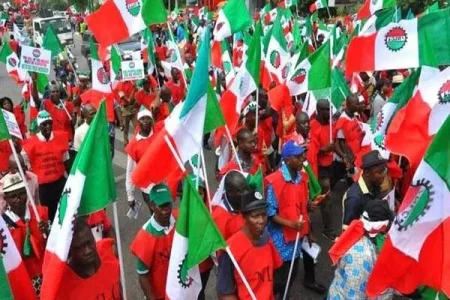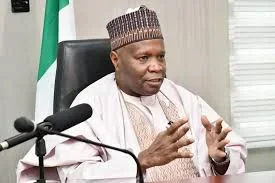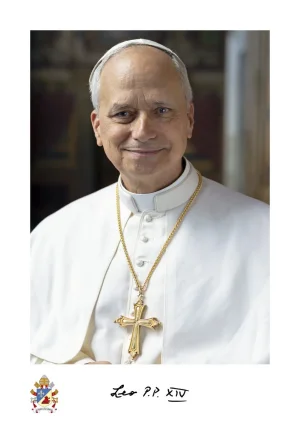
Nigerian workers in Kaduna, Ebonyi, Nasarawa, and the FCT have initiated a one-week warning strike over the non-implementation of the N70,000 minimum wage. The protest, led by the Nigeria Labour Congress and Trade Union Congress, targets governments that have failed to enforce the new wage in October and November.
Industrial action has brought economic activities to a halt in four states of Nigeria, including the Federal Capital Territory (FCT), following the Nigeria Labour Congress (NLC) and Trade Union Congress (TUC) protests over the non-implementation of the newly approved N70,000 minimum wage. Workers in Nasarawa, Kaduna, Ebonyi, and the FCT began a one-week warning strike, paralyzing operations in ministries, agencies, and schools. The protests are a response to several states' failure to enforce the wage increase, despite the federal government's approval in October.
In the FCT, teachers are particularly agitated over non-compliance by local councils. Similarly, workers in Kaduna disrupted government activities, though the state government insists it began paying the new wage in October, excluding the consequential adjustment.
The situation escalated in Ebonyi, where Governor Francis Nwifuru threatened striking workers with dismissal if they did not return to work within 72 hours. However, workers dismissed the governor's N75,000 wage promise as mere rhetoric, prompting their continued strike action.
The NLC spokesperson, Benson Upah, declared the first day of the strike a success, calling Governor Nwifuru’s response "irresponsible" and accusing him of isolating himself in his stance. The strike reflects widespread frustration over delayed wage implementation, as many states remain reluctant to comply with the new national minimum wage law passed in July 2024 by President Bola Tinubu.




